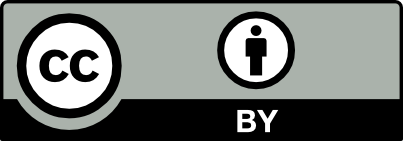Adobe PDF
(4.4 MB)

Page view(s)
539
checked on Dec 1, 2023
Download(s)
199
checked on Dec 1, 2023


 CC BY 4.0
CC BY 4.0